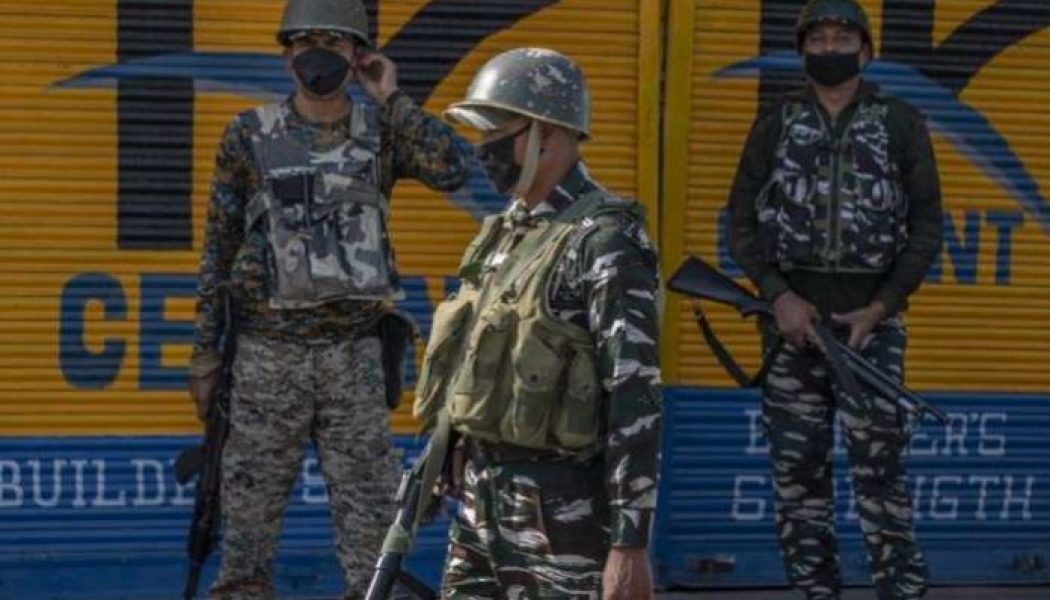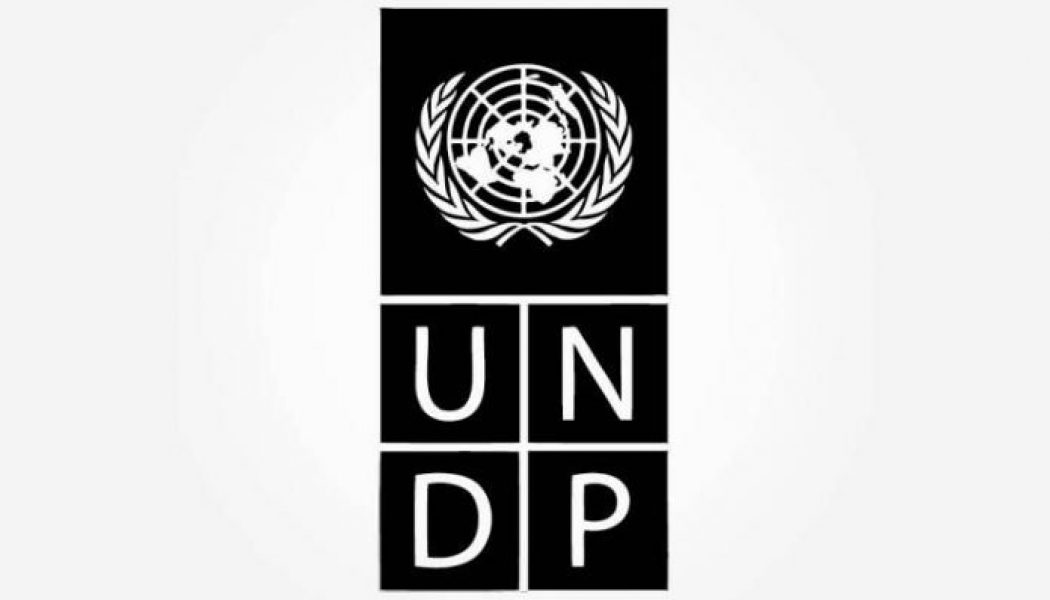GRIP
South Africa extends tight coronavirus restrictions for another 14 days
South Africa extended tight COVID-19 rules on Sunday for another 14 days, maintaining restrictions that include a ban on gatherings, a curfew from 9 p.m. to 4 a.m. and a prohibition on the sale of alcohol. The country, the worst-hit on the African continent in terms of recorded cases and deaths, is in the grip of a third wave of infections driven by the more infectious Delta coronavirus variant. “Our health system countrywide remains under pressure,” President Cyril Ramaphosa said in a televised address to the nation. Early this month South Africa recorded a new record of over 26,000 daily cases, stretching hospitals to breaking point. Ramaphosa moved the country to the fourth level of a five-tier restriction scale in late June as infections climbed, promising to review the restrictions af...
SPIN Daybreaker: 21 Songs for Good Times
It’s a great day for another great playlist and as this week comes to a close, it’s time for a weekend celebration. Daybreaker is back with a mix of mellow, hype, and electronic rhythm and flows. This collection of artists tell their stories through poetic lyricism and captivating cadences, paving the way for new avenues of rap emerging today. Standouts include New Orleans collective glbl wrmng, who melodically stun on “Technicolor.” Rising soulful multi-hyphenate artist, DWY delivers an emotionally rhythmic track, “Everytime I See You Again,” and newcomer Mamii shines with her explorative alternative R&B, jazz-infused edge on “Toxic.” As always, sit back, relax, and discover with SPIN Daybreaker. Keep up with all new artists and let us know who you would like to be featured in our wee...
United Nations, Ethiopia reach aid pact for war-hit Tigray
Ethiopia and the United Nations reached an agreement on Wednesday to channel desperately needed humanitarian aid to a northern region where a month of war has killed, wounded and uprooted large numbers of people. The pact, announced by U.N. officials, will allow aid workers access to government-controlled areas of Tigray, where federal troops have been battling the Tigray People’s Liberation Front (TPLF) and captured the regional capital. The war is believed to have killed thousands, sent 45,000 refugees into Sudan, displaced many more within Tigray, and worsened suffering in a region where 600,000 people were already dependent on food aid even before the flare-up from Nov. 4. Aid agencies had sounded the alarm about a growing humanitarian crisis and been pressing for access, after hundred...















